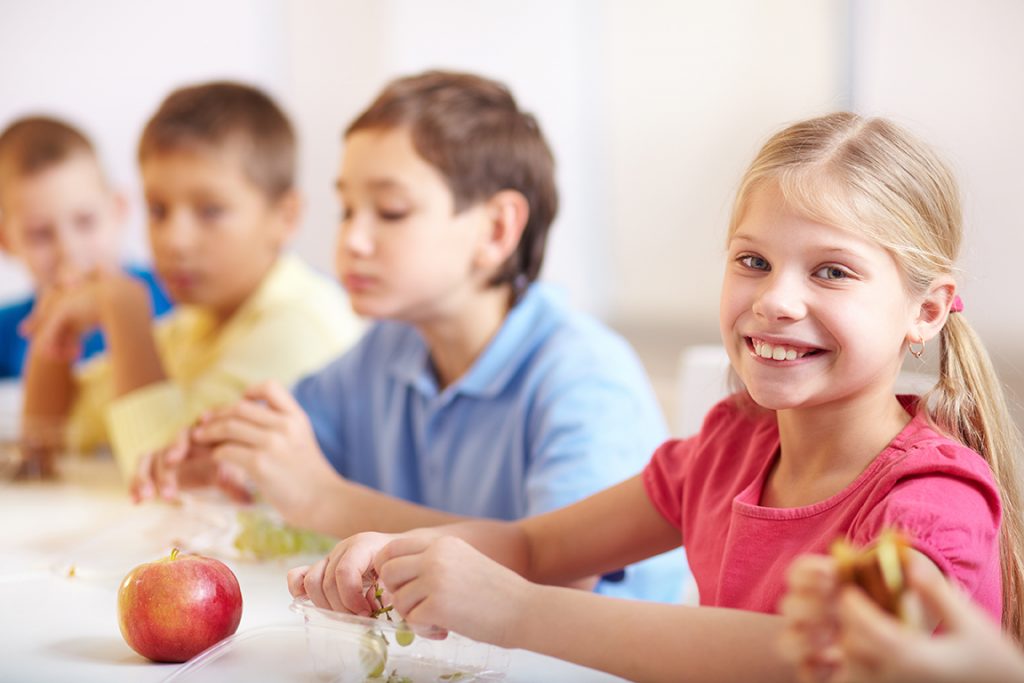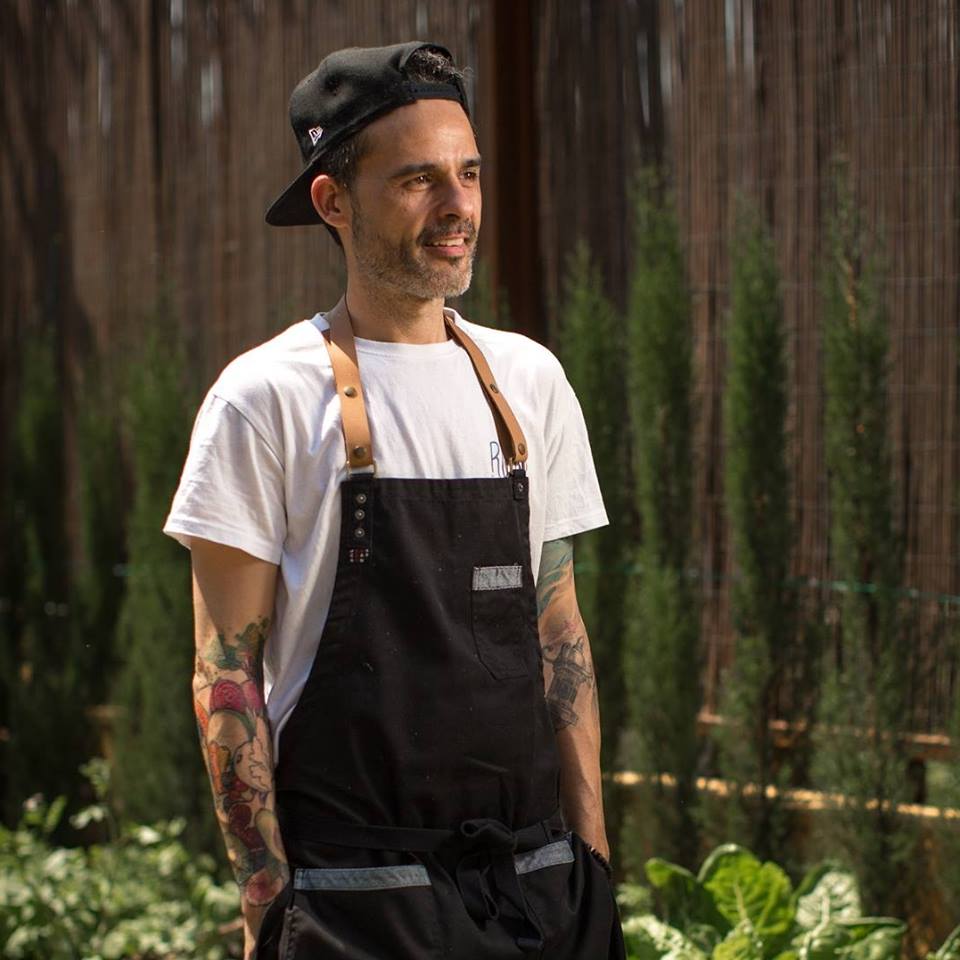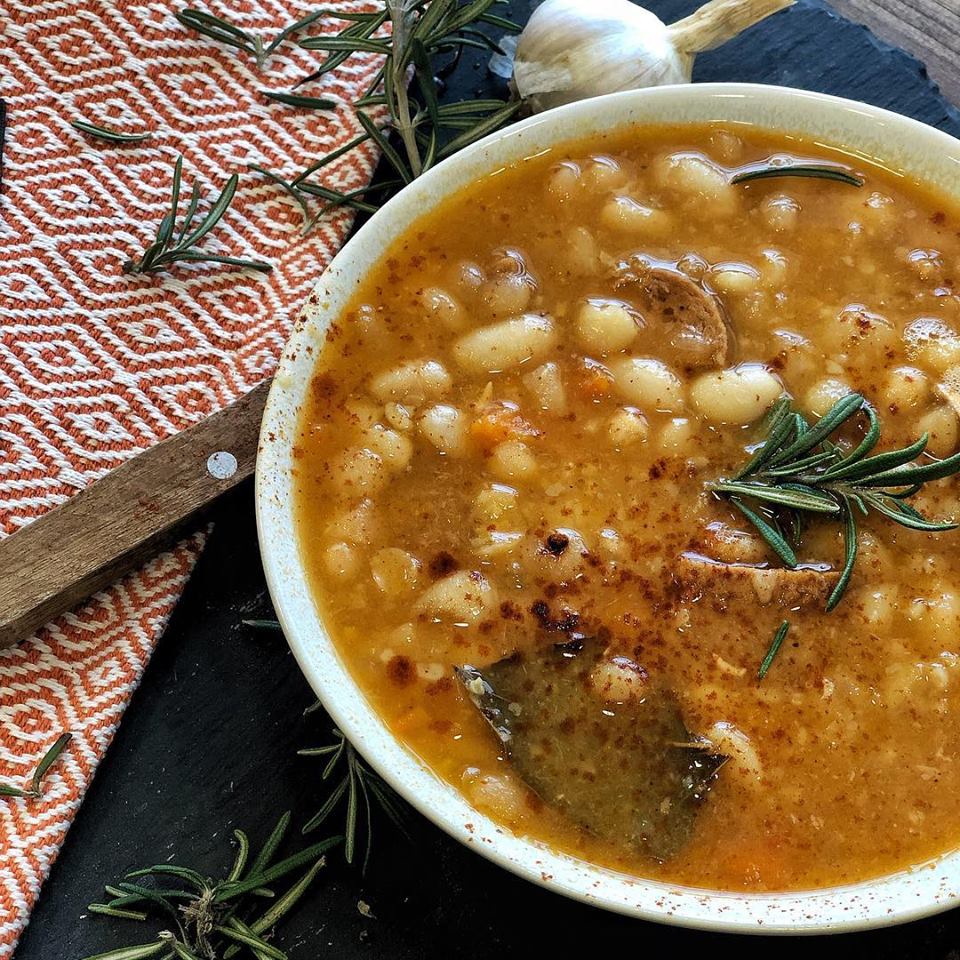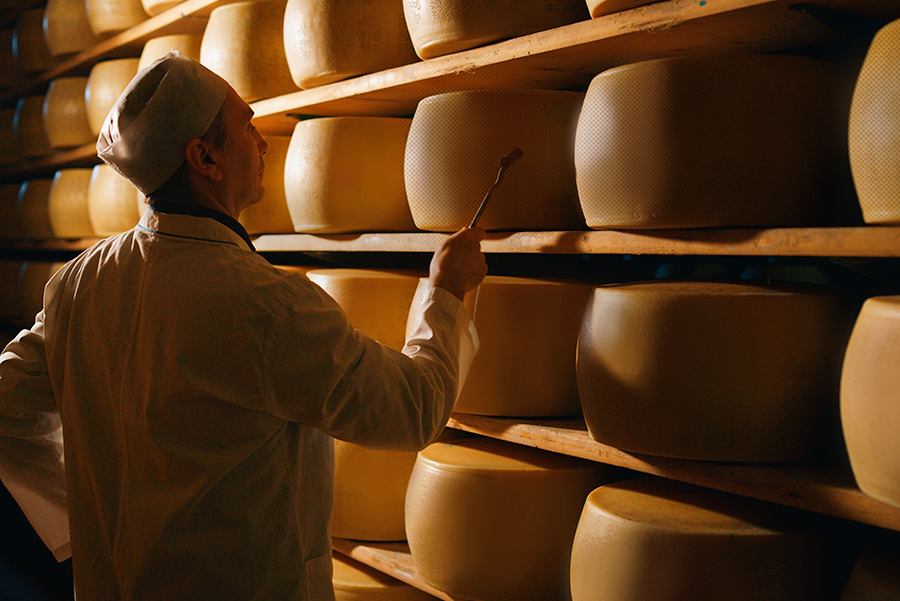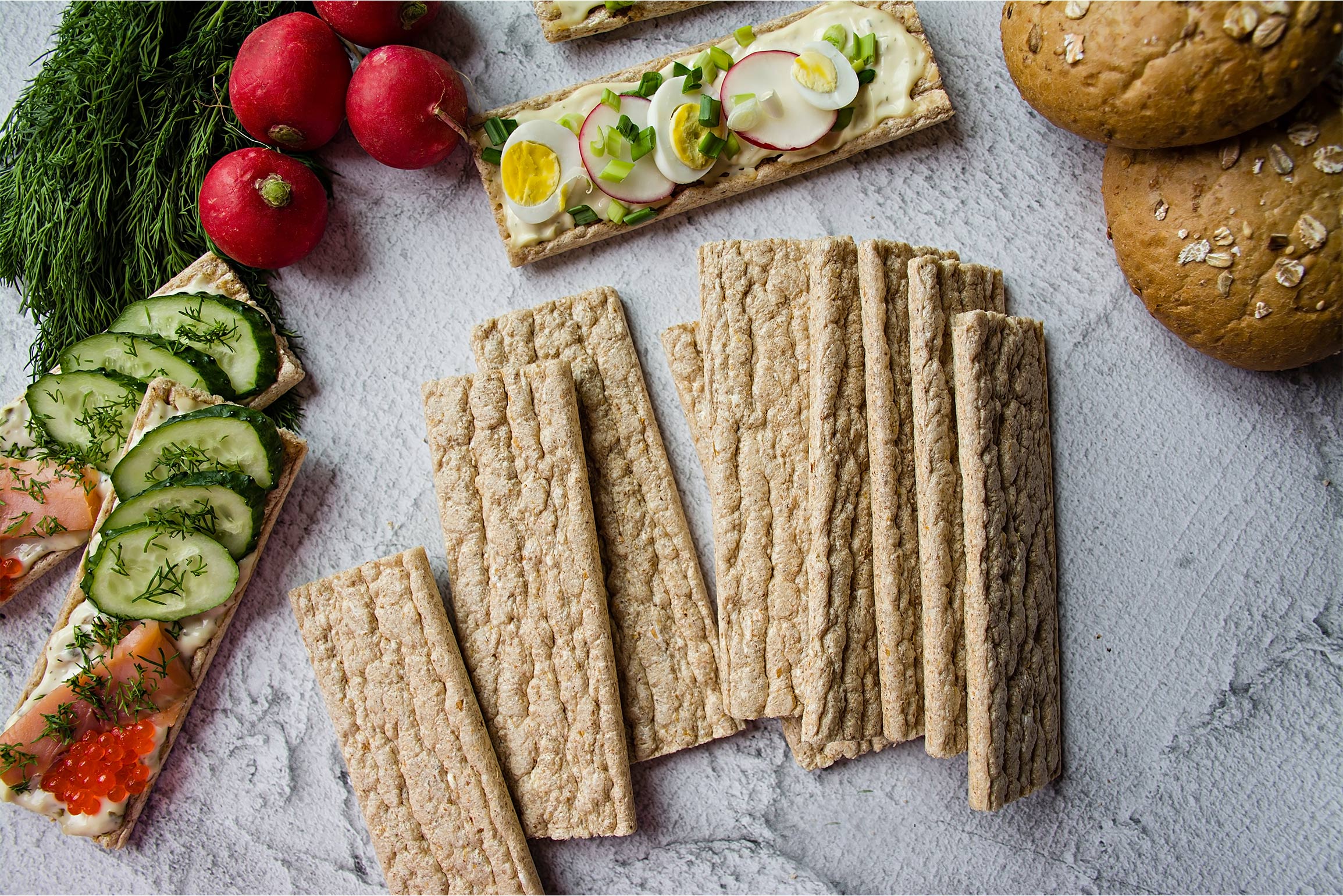Organic revolution in school dining rooms
It is not surprising that when thinking of food received at school on kids age, we remember how difficult was to find good taste on our daily diet. We were eating sticky pasta, tasteless meals cooked with reused oils and unfortunately, in many cases this is still happening. Yes, we are glad to know that today many schools are betting on healthier menus, most of them, with organic ingredients.
The Mediterranean diet is one of the richest in the world, but it seems that it has not significantly influenced children’s meals in our schools. Valencian Community 2016 Health Survey, conducted for children under 15 years old, detected that 68.7% do not consume vegetables daily, 35.5% do not consume fruits daily, 8.5% do not consume vegetables weekly. Besides, 48.4% of those under 15 consume snacks and 34.5% sweetened beverages several times a week, while 4.1% consume cakes, sweets or industrial pastries daily.
According to this same survey, the number of children who make their mid-day meal in school canteens has increased, from 15.9% of the child population (children from 3 to 15 years ) in 2001, to 41.1% in 2016. Thus, it is very important to take into account the origin and composition of the food that our children eat.
Decisions regarding infant feeding in spanish schools are responsibility of each Autonomous Communities Health Department. In the case of Valencian Community, the 1st Organic Production Plan 2016-2020 was created in 2016, in order to support the organic consumption at public canteens. This program must guarantee, among other things, the offer of food that respects the environment.
Organic foods are those that do not contain fertilizers, pesticides, medicines or food additives. They also respect natural cycles and agricultural environment, improving the use of natural resources and energy and protecting animals from practices in which their diet and decent growth are not respected. If you want to know more about organic farming and its health benefits, you can read more about this topic in this article. One of the most outstanding bets is local food consumption which aims to encourage the use of seasonal, local and fresh products. This measure helps reducing the pollution produced during transport and boosts the local economy and rural development.
#PorUnaEscuelaBienNutrida. (Well-nourished Schools)
Obesity high rates and childhood diseases are causing social movements emergence that want to improve children nutrition. Chef Juan Llorca, is one of those cases to be highlighted, who after 22 years of professional career created the movement “Kids Inspired Food”, in addition to lead the first feeding school in Spain with “slow” cooking and Km-0 ingredients.
Currently, the chef has more than 50,000 subscribers in YouTube, 100,000 followers on Twitter and 174k on Instagram, who are watching their progress and all the social movement generated under the slogan #PorUnaEscuelaBienNutrida
“The premise should not be like this -It is more important that the child eats rather than what he is eating-, I wish we care more about what we are giving them daily rather than if they eat until the last spoonful,” Chef Llorca says.
And we ask ourselves … Does it have any advantage that your child eats in an organic dining room? The answer is as simple as the question. According to Luis González, the Organic Canteens Coordinator for Madrid Fuhem Schools, “Change kitchen ingredients means change everything”. Before, we received the food chopped and packaged, but now we prepare the meals at moment and we peel all fruits and vegetables used in the school . Also, it is very important to reduce animal protein and eat more vegetables.
If you want to know more about the reasons why organic food is a very good choice for your health and that of your children, do not miss this article.
In conclusion, should we worry about what our children eat at school? The answer is clear: Yes.
Carrying a healthy and balanced diet based on organic food and Km0 products is a good solution against obesity, fast food, transgenic products … in fact, very typical words of our time and very present in school canteens throughout the country! The education of our children should not be based only on feeding their minds, but also should have solid pillars based on an organic and healthy diet. Learning to eat healthy is not the sole responsibility of parents, it must also be taught at schools.
